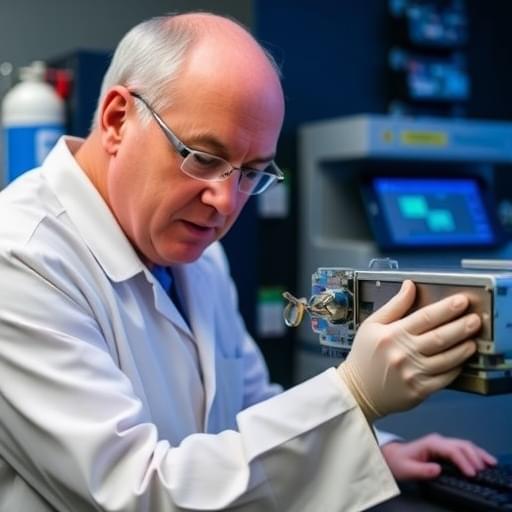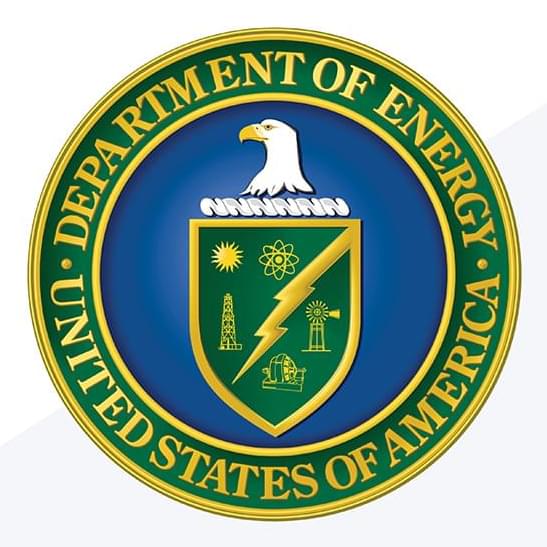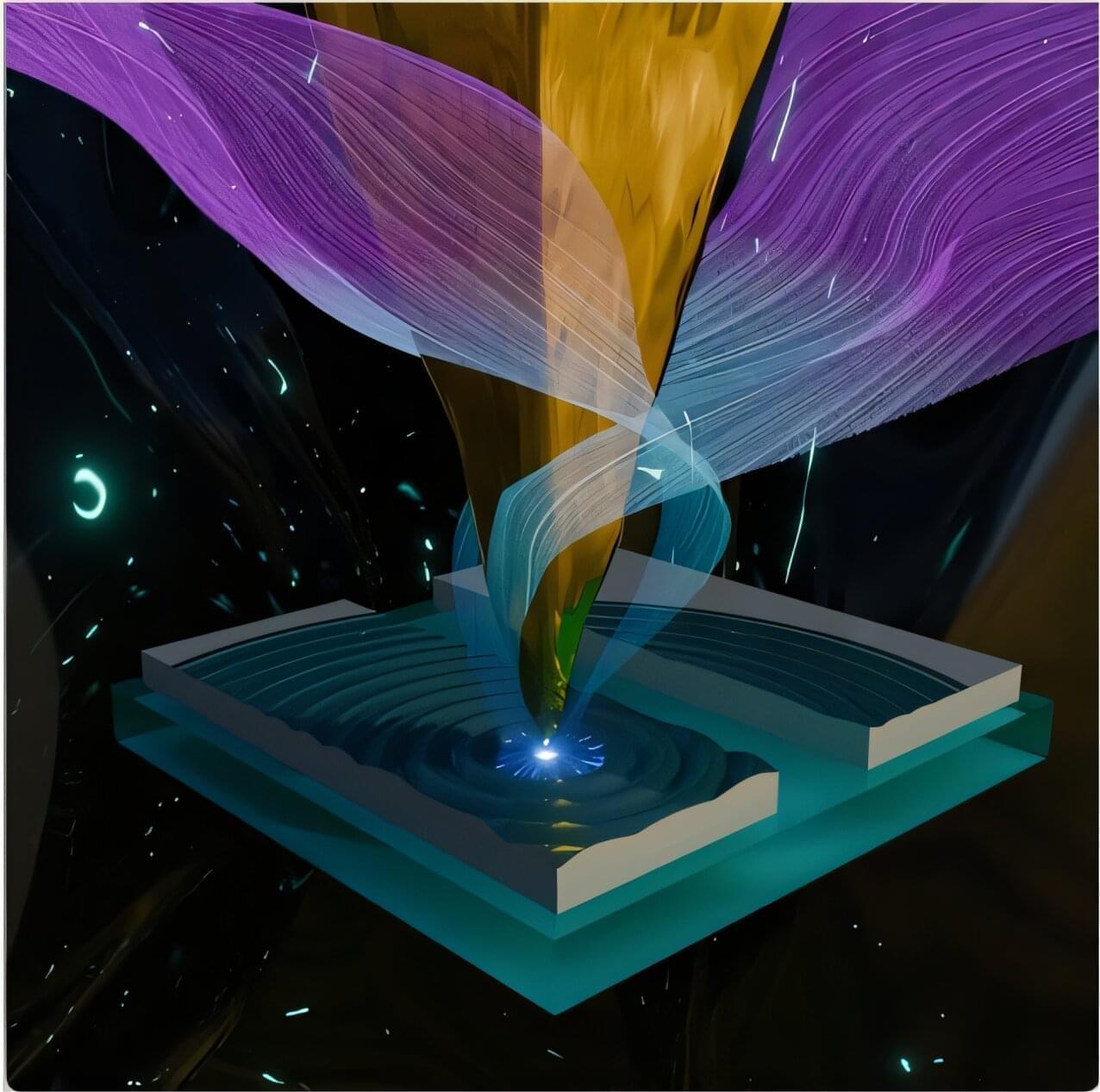In a breakthrough for next-generation technologies, scientists have learned how to precisely control the behavior of tiny waves of light and electrons, paving the way for faster communications and quantum devices.
Controlling light at the smallest scales is crucial for creating incredibly small, fast and efficient devices. Instead of bulky wires and circuits, we can use light to transmit information. One challenge of this approach is that light, with its relatively large wavelength, is not easily confined to small spaces.
However, in a study published in the journal Light: Science & Applications, researchers have developed a method to control tiny waves of light and electrons called Dirac plasmon polaritons (DPPs).









